Cork City women's side of the club is struggling on and off the pitch but there is hope
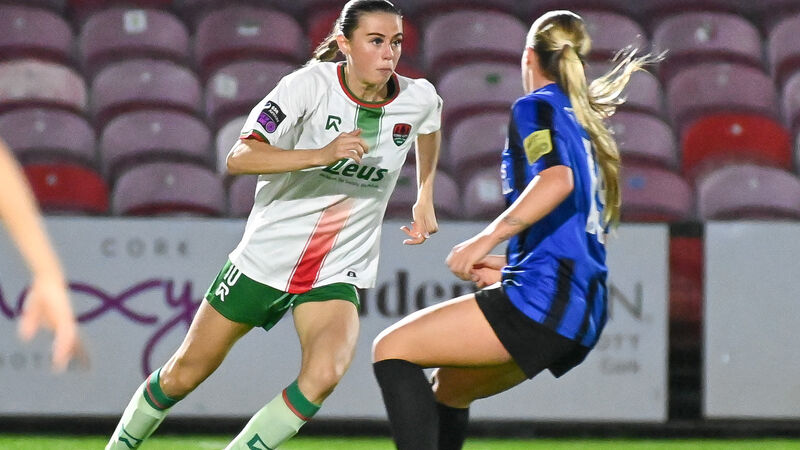
Cork City's Eva Mangan swerves past Athlone Town's Alexis Strickland during their SSE Airtricity Women's Premier Division clash at Turner's Cross.
Another season has come and gone for Cork City in the Women’s Premier Division and the club has finished bottom for the second time in three seasons.
That is not good enough, regardless of what excuses the team, the manager or the club put forward in their defence.
When it comes to a season review, it can very easy to focus on this with the resulting article being a prolonged and pointed piece of criticism towards those in charge.
And they would deserve it.
Such is the way – in any league and any sport as people look for answers after experiencing disappointment and anger naturally floats to the top as constant under achievement is their only consistent quality.
The actual verdict is far more complicated, but the table quite literally does not lie.
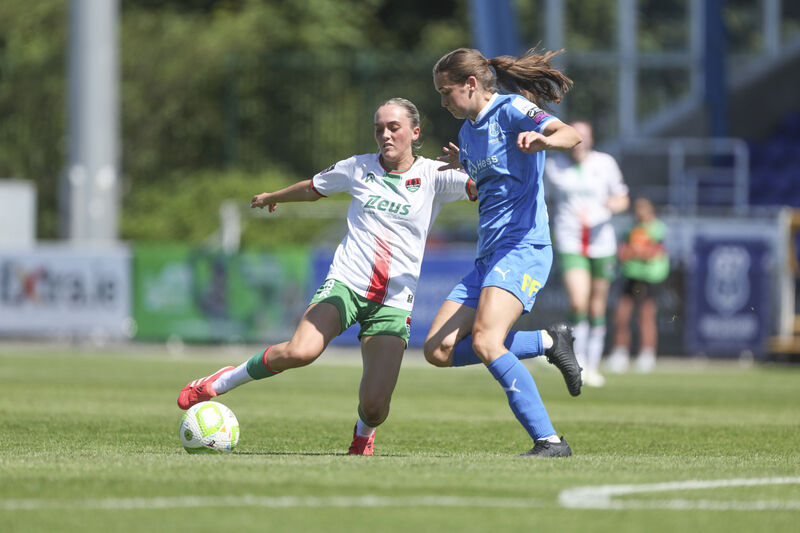
When you finish bottom - serious questions need to be asked and answered.
Especially after 2024 season when the club flirted with a top half finish before ending their campaign with a run to the Women’s FAI Cup semi-finals under Danny Murphy.
That was the first time since 2020 that there was a real buzz around the squad as they recorded impressive results against then league champions Peamount United, a star studded Shamrock Rovers side, and a Bohemians outfit that went on to reach to cup finals this season.
This was done with a rounded squad that blended age and experience, as the promise of players like Eva Mangan was complimented by the presence of Dorothea Greulich and Becky Cassin.
Things were supposed to get better as the then coach, Danny Murphy, signed a new contract in September.
The dawn was short lived as it was followed by clouds with the announcement that the club legend had left Turner’s Cross at the beginning of December, just as plans started to get drawn up for the new season.
So, what came of 2025?
The club finished in last place with just two victories recorded – against league newcomers Waterford and a struggling Sligo Rovers side.
There was only one positive result in the league on the road, a score draw with DLR Waves at Belfield.
The club did manage to come back and get a point away from home in the Avenir Sports All-Island Cup, but that wasn’t enough to inspire a push for the quarter final.
Every other game followed a familiar pattern where the team would start strong, go through periods in possession, and fall behind.
And then lose.
There were occasions where the opposition was put under serious pressure, like the recent home games with Shelbourne at Turner’s Cross and Shamrock Rovers at St Colman’s Park, and each time the club was left with nothing.
In any league, the natural figure of blame is the manager.
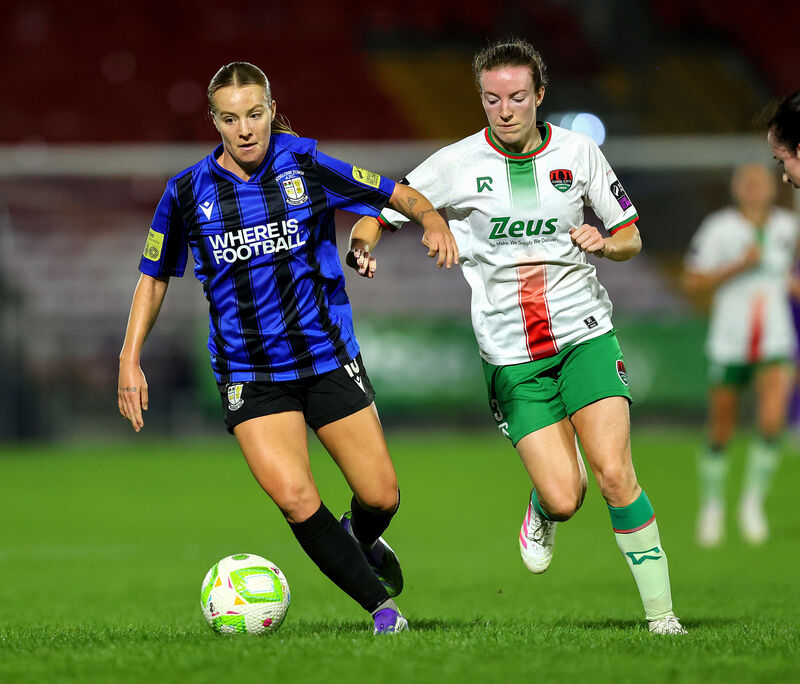
Things are different in Cork as City have one of the youngest squads in the country with the average age of a starting XI often no older than 21.
There were only five players aged over the age of 25 in the group during the run-in – Una McCarthy, Ciara McNamara, Shaunagh McCarthy, Lauren Homan, and Christina Dring.
Even those that ‘feel’ like they have been around the block, such as Mangan and Ellie O’Brien, are just 21 and 20.
The strategy is to age a group of players together and eventually there will be a broad level of understanding between a mature squad with experience.
All this is, is endemic of a lack of long term investment and planning into the senior women’s team at Cork City, an issue going back to the failure to build on the 2017 Women’s FAI Cup victory.
How did it get to this point?
Was there a decision made to trust the process, or was there a failure to secure new signings given the instability brought on by the delay in appointing Murphy’s replacement, with Frank Kelleher appointed just under a month later?
There’s still hope that things will work out long term.
Barry Ryan has been brought in as manager, while his U19s just finished second in their league.
There will also be a league development style competition next year as a way to bridge the gap between senior and underage football, which bodes well for the U17s that just lost their National Cup final.
The bottom line is that 2025 was a huge disappointment but there are a few little positives, and the important thing at this moment in time is trust the process as a group of kids come of age in the coming seasons.



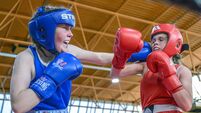

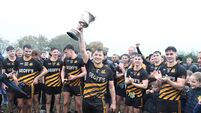
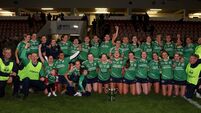



 App?
App?







